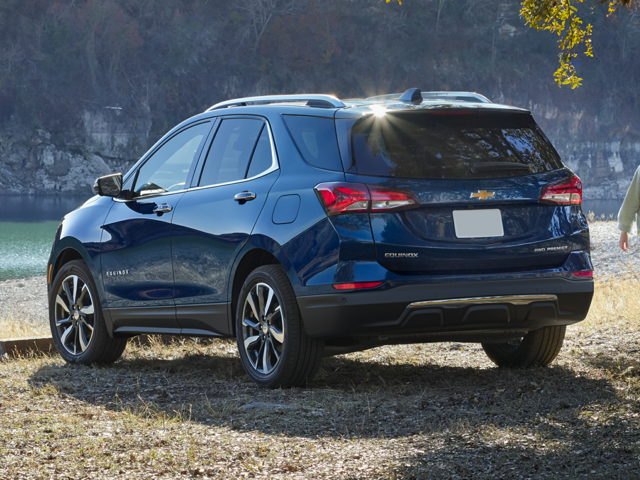
Understanding your vehicle is important for safe driving, and the brake system is undeniably one of the most critical things to understand about your car. The ability to stop quickly and efficiently can often be the difference between a close call and a deadly accident. Do you need brake repair? Let’s consider some of the signs that something might be wrong.
Unwanted Vibration
Have you ever felt a vibration or pulsing sensation through the brake pedal? If the answer is yes, your vehicle might be trying to tell you something. This sensation often suggests warped rotors, which are the metal discs that brake pads clamp down on to stop your vehicle. Warped rotors could be a result of extreme braking for extended periods, like when driving down a steep hill. If you notice this symptom, a brake inspection could be necessary.
A Squeal That Steals Your Peace
One common indicator that your vehicle’s brakes might need attention is a high-pitched squealing sound when you apply the brakes. This noise is generated by a small metal shim known as an indicator. It’s purposefully designed to make a noise when your brake pads have worn thin, alerting you that it might be time for a replacement. Don’t ignore this call from your vehicle; it means nothing is critical yet, but it will be very soon.
The Worrying Warning Light
Modern vehicles come equipped with sophisticated systems that monitor your vehicle’s health, including the braking system. If you see a brake warning light illuminated on your dashboard, it’s a sign that something might not be right. While it could be as simple as the handbrake being left engaged, it could also indicate a serious problem such as low brake fluid, which warrants immediate attention.
Dreadful Drag
Does your vehicle seem to pull to one side when you apply the brakes? This symptom might be signaling uneven wear on your brake pads, a malfunctioning brake caliper, or low brake fluid in one part of the brake line. A thorough brake inspection will not only identify the root cause of the problem but also guide appropriate repairs.
Lengthy Pedal Travel
If your brake pedal goes down further than usual before your vehicle begins to slow down, it’s a strong indication that you might have a brake system problem. A brake pedal that feels “soft” or “spongy” is typically a sign of air in the brake lines or problems with the master cylinder.
At Crain Collision Center, we pride ourselves on delivering top-quality service, leveraging our expertise and experience to ensure your vehicle is at its best performance. We believe that regular brake inspections are vital to keeping you and your loved ones safe on the road. Bring your vehicle to Crain Collision Center if you notice any of these signs of brake trouble.


